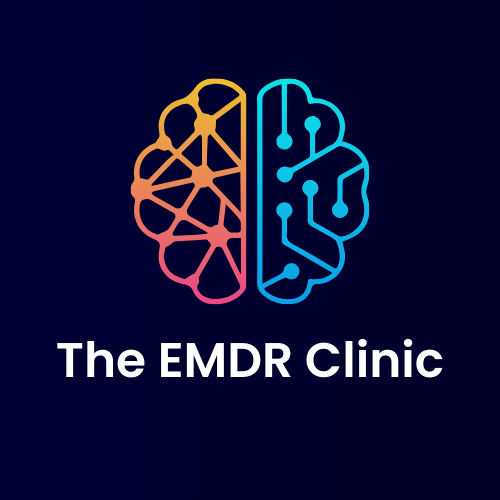
EMDR Therapy
Brighton & Online
The EMDR Clinic is a private practice located in Brighton, UK
EMDR, or Eye Movement Desensitization and Reprocessing, offers a targeted approach to processing traumatic experiences by fully exploring the traumatic memory / event / negative belief and addressing its impact on a client’s past, present, and decisions for the future.
EMDR helps reprocess these memories /events / negative beliefs, reducing their emotional charge and empowering individuals to move forward with their lives.
Note: EMDR uses bilateral stimulation - lateral eye movements, hand held buzzers, or auditory tones so may not be suitable for those with underlying cardiac or epilepsy conditions or if in active substance misuse. If this is you, please consult a medical professional beforehand and mention at your initial EMDR consultation.
EMDR is recommended by the WHO, forms part of the NICE guidelines in addition to being an NHS therapy.
“EMDR is a way of kickstarting your natural healing and recovery process after your trauma. Your therapist is walking alongside you as you heal from the inside out.”
Why choose EMDR?
There’s the potential for a shorter period of treatment compared to other therapies and EMDR looks to reduce presenting symptoms, as efficiently as possible.
Through the use of bi-lateral stimulation (alternately stimulating both sides of the body) to access the memory network and neural pathways it’s a more active therapy.
EMDR offers a route to process difficult material without having to verbalise details to your therapist, as it uses short sets and feedback as a way for your therapist to track what’s happening.
Drawing on the latest research in neurobiology, neuropsychology, interpersonal neurobiology (IPNB), somatic therapies and psychotherapy, EMDR uses the mind-body knowledge to ensure the best possible outcome for clients.
EMDR is used in many other instances, and not just single incident traumatic and distressing events. For example, it’s been shown to be of benefit for those with:
Complex trauma (also known as C-PTSD)
Relational and attachment trauma
Anxiety
Negative or limiting belief - which can be linked to confidence or self-esteem issues.
Phobias
Low Mood
Pain
Grief and loss

Set yourself up for success
Identify your starting point
What brings you to therapy at this point and what symptoms/issues are showing up for you?
Imagine your ideal life
What do you most hope to gain from EMDR therapy?
Discover your authentic self
How might your future self look, feel, sound or interact? Are there any downsides to changes in your life?
Invest in you
You get out of therapy, what you put into it - so how will you know when therapy has been successful?
Ready to take the next steps?
If you've any questions about EMDR, or would like to get a feel of what it's like to work with me, then you can book a free initial video or phone consultation (15 minutes)




